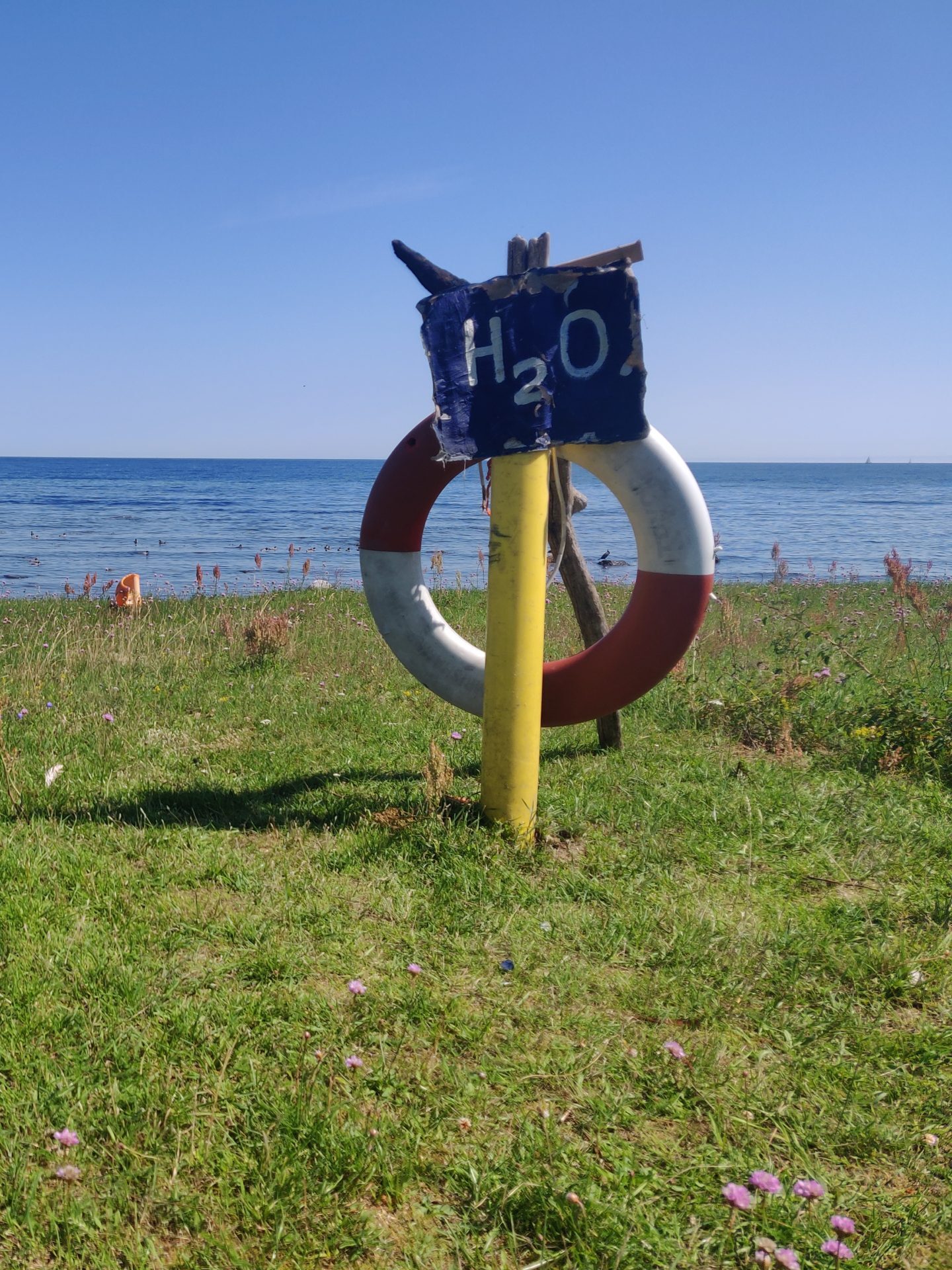I have a somewhat uneasy relationship with the label “futurist”; not only does it have a politically unpleasant history in the C20th, but it has also been a calling card for some of this century’s most shameless hucksters. As such, I prefer to refer to this facet of my competencies as “foresight practice”, “social futures”, or simply “futuring”.
(Sometimes, admittedly, just saying “futurist” gets you into the right ballpark more quickly.)
I ended up working in futures as an outgrowth of my writings on science fiction and technology criticism in the 00s; that was what got me my research assistant post at the University of Sheffield, which then led to my doctorate. But it was always the more creative, imaginative and qualitative side of the practice that interested me. After all, scenarios planning—or at least something like it—is baked into most corporate and gubernatorial planning processes at this point. If that was going to make a significant difference to the way we live, it would have done it by now.
Foresight interests me—and most particularly, the part of me that decided to become a science fiction writer—because it is more interested in the possible than the merely probable. Given my specialist fields are infrastructure and climate, I’m also very much of the conviction that an obsessive focus on the merely probable has led us to the civilisational cliff-edge. We need to push the boundaries of what is imaginable—not by coming up with new gee-whiz labels for the same old information technologies wrapped up in ever-more-exploitative (and increasingly shameless) business models, but instead by looking at how we live, and how those practices are deeply entwined with meanings and values.
(By the way, this is very closely related to why I decided to found my business on a commitment to never using so-called “artificial intelligence” tools, nor knowingly outsourcing to others who use them.)
Projects related to this competency:
-

The Future of Housing and Home
A set of short story “vignettes” written to illustrate four scenarios of housing precarity for Shelter (UK).
-

“Facing Kiruna”
A short story set in the far north of Sweden; it’s about energy transitions, and about the sustained extractivisms that lurk behind them.
-

LU Magazine (2041 Jubilee Issue)
A small team of researchers managed to pitch the idea of a narrative prototype which would explore a possible future for Lund University in a familiar and accessible format.
-

The Rough Planet Guide to Zero-Carbon Skåne
The Rough Planet Guide to Zero-Carbon Skåne is a website-based travel guide (of sorts) to Skåne. Not the Skåne of the present, though—rather, a possible Skåne of around 2045 or so.